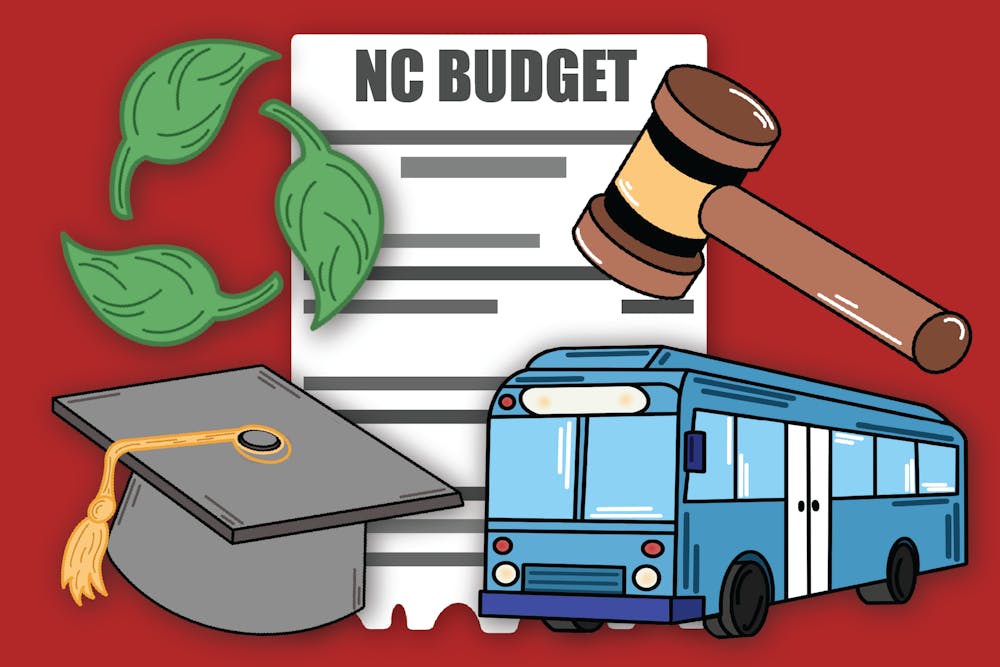On April 14, the North Carolina Senate adopted the senate budget for the 2025-27 fiscal year. Some senators and education advocates are raising concerns about how the budget could affect public services and long-term investment in the state.
The proposal allocates $32.6 billion for the first year and $33.3 billion for the second — approximately $1 billion less per year than North Carolina Governor Josh Stein's recommendations released in March.
N.C. Sen. Natalie Murdock (D-Durham) said legislators received the document on a Monday and were expected to vote by Wednesday, leaving insufficient time for thorough review and public input. She added that a short timeline like this hinders democratic engagement and the ability to make informed decisions.
Tax reform is one of the proposed budget's primary items, aiming to reduce the personal income tax rate to 3.99 percent in 2026. The reform will also continue phasing out corporate income tax, which is set to be fully eliminated by 2030.
“Republicans have advanced tax cuts to the point where we just don't have enough revenue, and the budget goes even farther to continue to drop tax rates in the future,” N.C. Sen. Graig Meyer (D-Orange, Caswell, Person) said. “We're in what economists would call a structural deficit.”
Murdock said lowering personal income taxes by half a percent every two years equates to $2 billion in public funds lost.
The proposal also maintains funding for the Opportunity Scholarship Program, which allows students to attend private schools via state-funded grants. The plan includes an average 3.3 percent pay raise for teachers over two years, along with a $2,000 bonus.
“It does not help us recruit or retain highly qualified teachers here in North Carolina,” Tamika Walker Kelly, president of the North Carolina Association of Educators, said. "And so we are calling on the Senate to do more, and then also, as we continue in this budget process, we've seen bills that increase educator pay, teacher pay much more significantly than what was offered in the Senate budget, and even Governor Stein's budget proposal at 10 percent is better than what was offered in the Senate budget proposal."
She also said seeing billions of dollars being funneled into unaccountable private schools is a sign that that money should be reinvested into public schools, especially for addressing school building infrastructure issues, supporting students with mental and physical health needs and providing services including universal breakfast and lunch.




